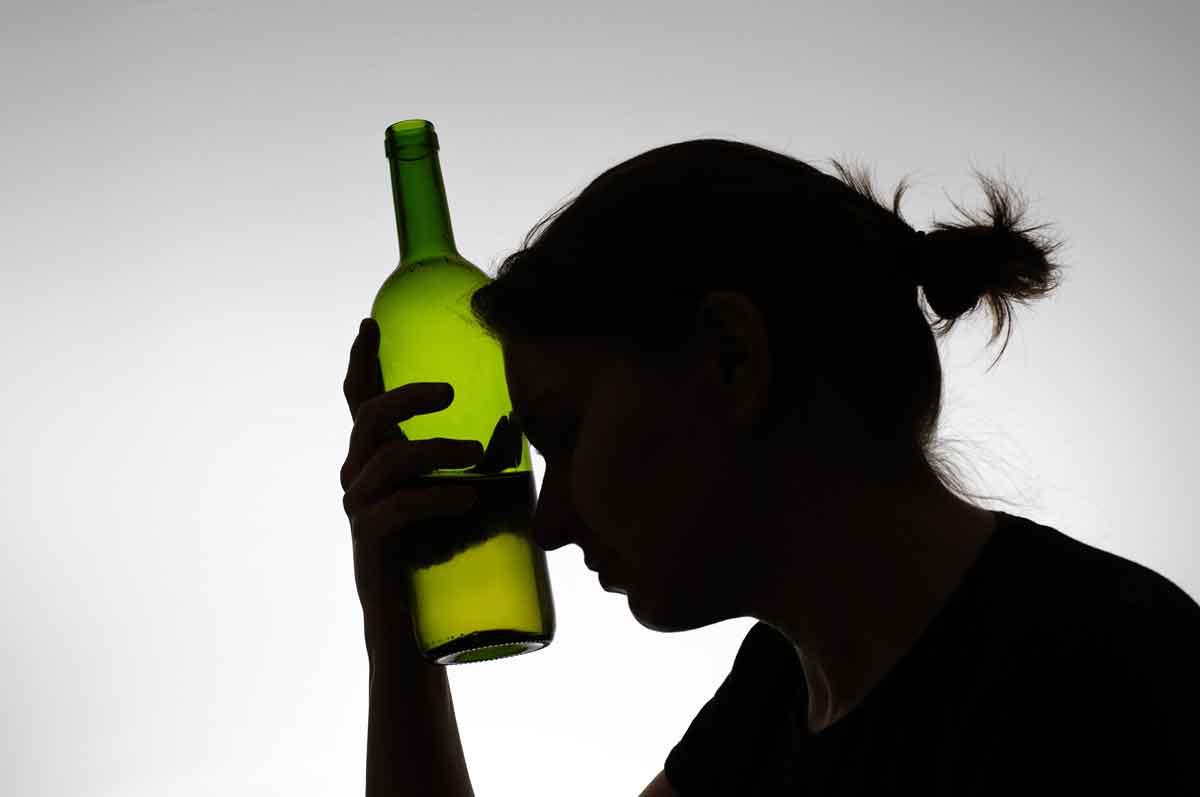Now there are new alternatives to 12 step programs and faith-based programs.
For someone who doesn’t relate to 12-step or faith-based programs, participating in those programs may not be helpful. People who participate but are opposed to such programs, describe it as being “force-fed” philosophies that go against their core beliefs, making it nearly impossible for them to find value in the program. People who don’t maintain their sobriety are told by 12 step doctrine that it is their own fault, something is wrong with them, that they didn’t work the program, or they didn’t do it right. The blame adds to their shame.
Alcoholics Anonymous was established in 1935 and for years was the only treatment option. Many times, judges would court order individuals into AA treatment. Even the mental health professionals believed that 12-step programs worked best for those with addiction. Current research is challenging those beliefs.
Gabrielle Glaser’s article in the April 2015 issue of The Atlantic states, “We’ve grown so accustomed to testimonials from those who say AA saved their life that we take the program’s efficacy as an article of faith. Rarely do we hear from those for whom 12-step treatment doesn’t work. But think about it: How many celebrities can you name who bounced in and out of rehab without ever getting better? Why do we assume they failed the program, rather than that the program failed them?”
In recent years, scientific data consistently proves that other treatment options work better than 12 step programs.
Gulf Breeze Recovery has incorporated into their program those things that are shown to increase success rates for people struggling with addiction. Guests at Gulf Breeze Recovery are taught the importance of healthy nutrition and enjoy chef-prepared meals. Neurofeedback is incorporated into the treatment protocol because scientific research proves that it lowers relapse rates. Intensive, individual therapy is provided to each guest by their assigned licensed mental health professional to address issues that might impede recovery. The importance of a calm mind is promoted through meditation, yoga, and beautiful walks by the water. Exercise helps rebuild physical strength and stamina. Professionally taught classes and group sessions address issues common to substance abuse and relapse prevention. Gulf Breeze Recovery continues to care for guests after they leave the program, by providing both in person and remote weekly support groups as well as matching each graduate with a continuing education provider that works one on one with guests as they transition back to their normal routine. Research has shown that support provided after treatment increases overall success rates for participants. And Gulf Breeze Recovery wants every guest to have the best possible chance of achieving long-term sobriety.
Contact us at Gulf Breeze Recovery or call: 833.551.2356 to speak to an addiction expert to learn more about our program that has helped so many people overcome their addiction and embrace life. We help people not just to survive, but to THRIVE®.









